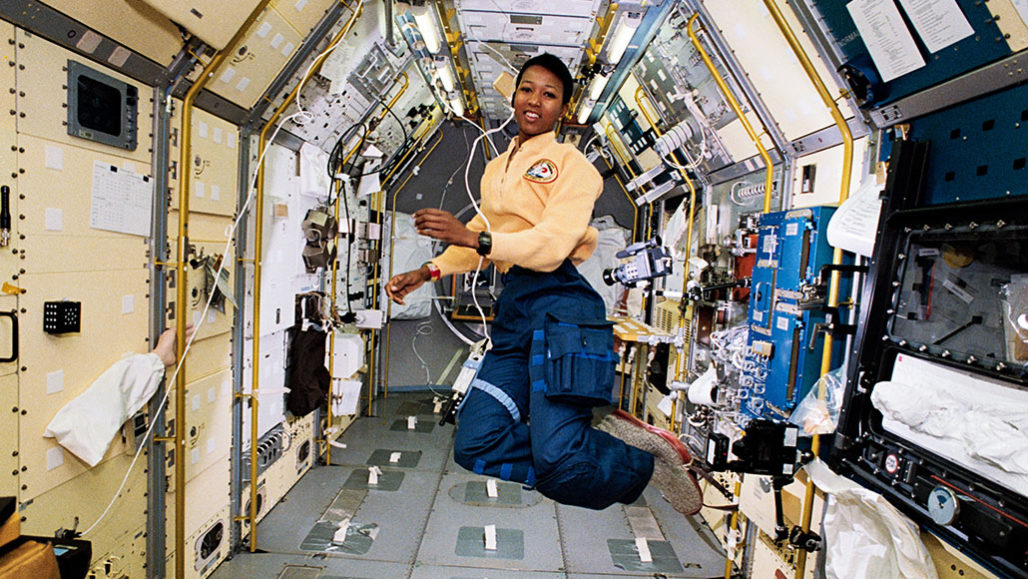astronaut: Someone trained to travel into space for research and exploration.
force: Some outside influence that can change the motion of a body, hold bodies close to one another, or produce motion or stress in a stationary body.
gravity: The force that attracts anything with mass, or bulk, toward any other thing with mass. The more mass that something has, the greater its gravity.
mass: A number that shows how much an object resists speeding up and slowing down — basically a measure of how much matter that object is made from.
micro: A prefix for fractional units of measurement, here referring to millionths in the international metric system.
microgravity: Gravity that is a fraction of the force experienced at sea level on Earth.
organism: Any living thing, from elephants and plants to bacteria and other types of single-celled life.








